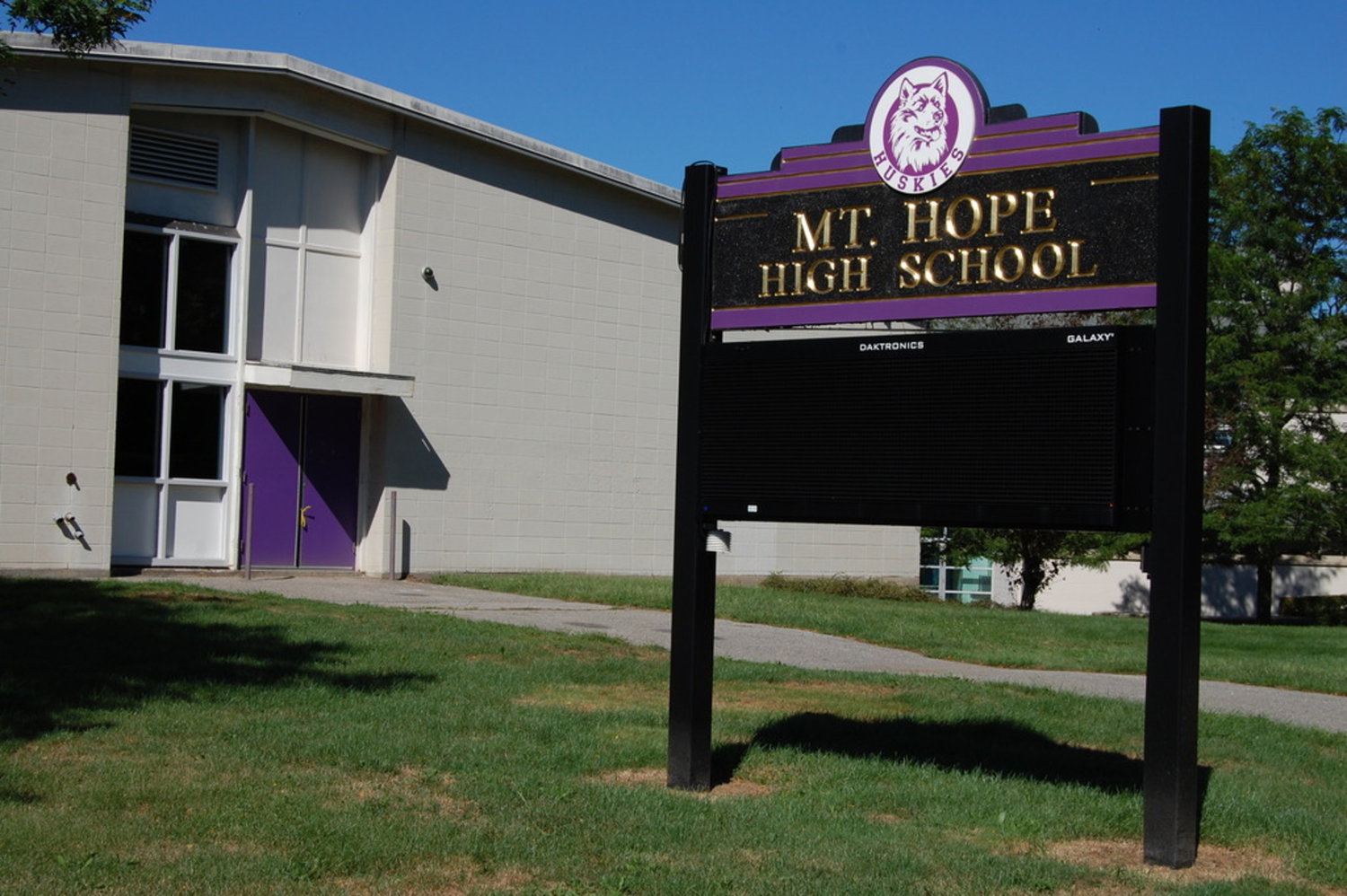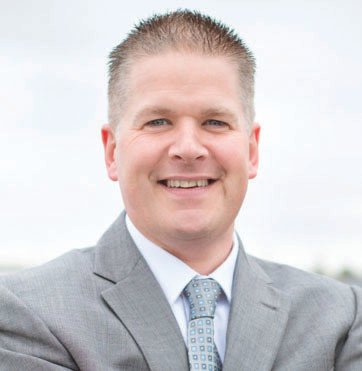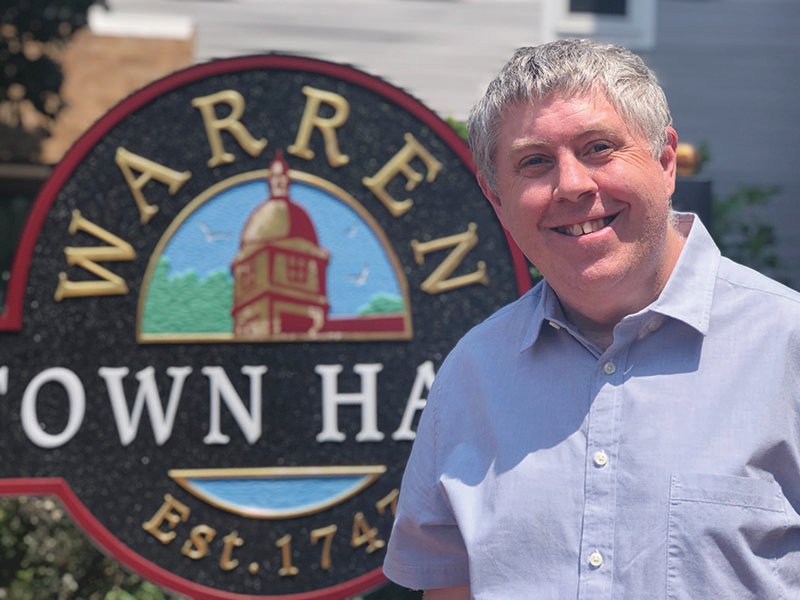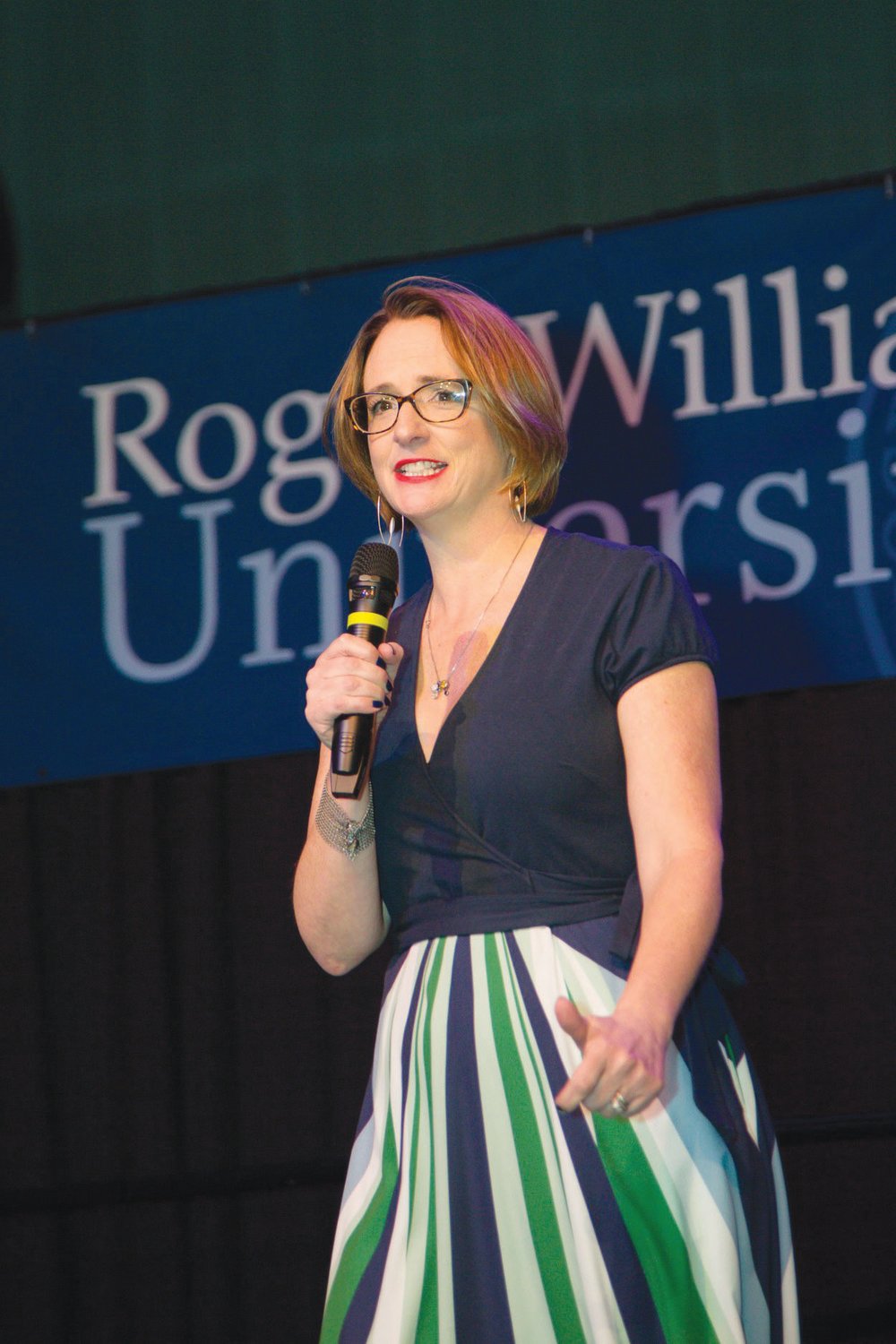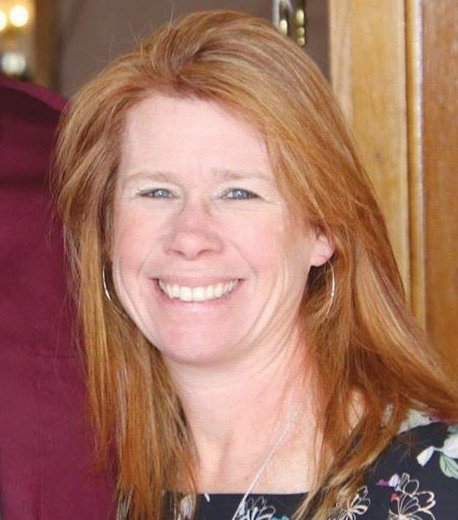English class sparks debate over 'morality' lessons in Bristol Warren
School committee candidates weigh in on controversy
Social justice and the question of morality lessons in the classroom turned into a hot political discussion in Warren and Bristol this week, following an online post last week by a school committee …
This item is available in full to subscribers.
Please log in to continue |
Register to post eventsIf you'd like to post an event to our calendar, you can create a free account by clicking here. Note that free accounts do not have access to our subscriber-only content. |
Day pass subscribers
Are you a day pass subscriber who needs to log in? Click here to continue.
English class sparks debate over 'morality' lessons in Bristol Warren
School committee candidates weigh in on controversy
Social justice and the question of morality lessons in the classroom turned into a hot political discussion in Warren and Bristol this week, following an online post last week by a school committee candidate from Warren who was critical of how a lesson on a classic American novel was recently held staged at Mt. Hope High School.
Daryl Gould, one of four candidates for two open non-partisan school committee seats in Warren, criticized the district for bringing so-called social justice issues into the classroom, after students discussing JD Salinger's "A Catcher in the Rye" in Lisa Kee Melmed's introductory English class were asked for their opinions on what groups in US society are considered privileged, using the novel's protagonist, Holden Caulfield, as stepping off point for discussion.
"Regardless of whether you agree with the content or not, it is not the role of public school teachers to attempt to teach issues related to morality and social justice to our children," he wrote. "Those issues are to be left to their parents/guardians. It is also reprehensible to make any student feel guilty or less than because of their sex, gender, socio-economic status or race."
Mr. Gould's post generated hundreds of online responses, and while some expressed outrage at what one commenter called the "indoctrinating" of students by educators, rebukes soon came in from the teacher, at least one Mt. Hope High School student and Mt. Hope High School Principal Dr. Deb DiBiase.
"Our curriculum presents a variety of viewpoints challenging students to develop informed opinions, to respect diversity and, ultimately, to become culturally responsible citizens," Dr. DiBiase wrote in an open letter e-mailed to all parents in the district. "At a time of social unrest, I applaud the English department for their commitment to include more diverse voices and texts to broaden our students' understanding of society as a whole and especially of oppressed or marginalized groups."
The lesson was one of many things that grew out of a district Diversity Group formed over the summer at the invitation of Superintendent Dr. Jonathan Brice. The group, which counted among its members Warren school committee candidates David Matheson and Nicky Piper, sought to examine the district's curriculum, practices and resources "with the goal of ensuring the inclusion of under-represented groups in our curricula," Dr. DiBiase wrote to parents.
Following the online furor, Mr. Matheson, Ms. Piper, and school committee candidate Tara Kee Thibaudeau gave their thoughts on the controversy and offered their opinions on the high school's curriculum. Mr. Gould also said he stood by his decision.
Dave Matheson
"I will always say that I was proud to be part of that group over the summer, Mr. Matheson said Monday. "The teacher did a great job not being prescriptive. She invited discussion with a pretty open-ended discussions and (students') opinions were heard."
As for teachers instructing students in issues that Mr. Gould criticized in the classroom, like talk of morality and social justice," Mr. Matheson said he believes those discussions are and should be integral to education, as they help students think critically and expand the breadth of their knowledge, though they might be difficult.
"I think there's a fair point to be made that these conversations can be difficult (but) we should be encouraging (schools) to have them," he said.
Nicky Piper
Ms. Piper agreed, saying that lessons that connect students to social issues and critical thinking are crucial. Through such lessons, she said Monday, "they learn learn how to use their voices to question, even if that's questioning the curriculum."
Emboldened to think critically and for themselves, she said, "students can then come to their own opinion (and) learn how to participate in a meaningful dialogue.
On her candidate page on Facebook, she went further:
"It is critical that we all become comfortable with the discomfort of having conversations about who we are, and how our identity shapes how we enter the world and how others perceive us," she wrote. "We should all understand how our own implicit biases may unconsciously affect our interactions with each other.
Growing more comfortable in this work will build trust between us, creating a better, safer environment for all kids to learn, and all teachers and staff to flourish.
Tara Kee Thibaudeau
Ms. Thibaudeau was initially reluctant to comment on the issue as she had not seen much of the online debate. But Tuesday morning, she wrote her thoughts in a short memo to the Times:
"Social Injustice in education is on the center stage now. It is difficult to comment on an issue that is subjective and has not been clearly defined.," she wrote. "I am in favor of a curriculum that teaches our children a strong foundation in the core fundamentals of education. In conjunction with mastering those objectives, I support teachers, coaches, administration, and staff guiding students to make good decision and differentiating and identifying bad decisions. I believe the family, the community and the schools need to work together with a common goal of creating responsible, respectful, and resourceful adults."
Daryl Gould
On Tuesday, Mr. Gould said he stood by his decision to raise the issue, saying that given the district's proficiency ratings in core subjects and disarray prior to the start of school year, "I question whether this was the best use of time over the summer."
He also said he didn't think it was appropriate that students were asked to think about issues of privilege prior to reading the book.
"Critical thinking isn't laying out a context in which you're supposed to read a story," he said. "Read the book, then ask those questions."
In a larger sense, he said, he believes such questions in the classroom can be dangerous.
"I never spoke against or for the idea of privilege," he said. "But when you're leaving it to teachers ... there's no certification when it comes to morals or values. When you're leaving it to teachers to insert their personal views into the classroom, it's a slippery slope."

